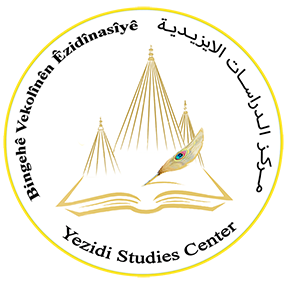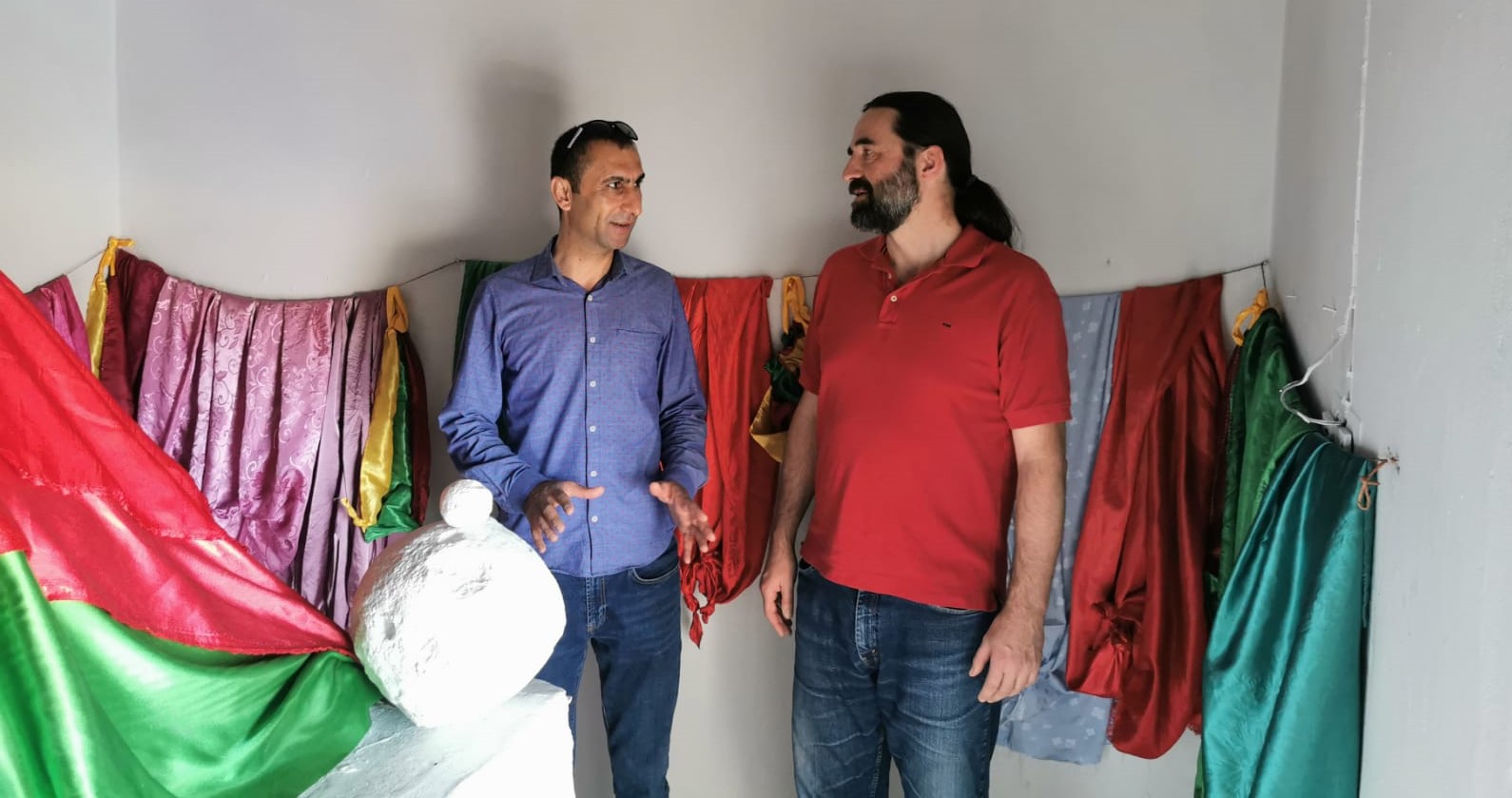In her 2008 article Unbelievable Slowness of Mind, Christine Allison described the evolution of (mostly) Western studies of Yezidism in two eras, pre and post the publication of Kreyenbroek´s seminal work Yezidism–its Background, Observances, and Textual Tradition (1995). This work, its methodology and findings set the tone for a new chapter in the development of an independent academic discipline focusing on the Yezidi religions and its people. Scholars long have been fascinated with the beliefs of the community for centuries; however, they have had their biases taken control of their pen. Muslim scholars of “heretic” sects or Christian missionaries in their quest to save lost souls or colonialist or Orientalist writers who could were enthralled or appalled by their exotic subjects; they all contributed to the discipline but at the same time discredited it. Yezidi voices were few and only started participating in the research endeavors after Sileman and Jindy pilot study Ezdiyati (1979), often in cooperation with outside, Western colleagues. The 21st century saw the rise of a new generation of Yezidi scholars who study their religion, culture, or history from various academic angles.
Concurrently, a handful of non-Yezidi Western scholars worked on a new research agenda that put the self-representation of the Yezidi community first and channeling these efforts into research projects based on empiric fieldwork and linguistic and cultural competency. However, what is still lacking is institutional backing to offer these scholars an academic home-base and disciplinary as well as interdisciplinary support. A multi-year research cluster, a graduate school, a study program with a unique curriculum, an academic journal, not even summer schools or semester-long course are available.
The conditions and situation of the Yezidi communities world-wide have changed, especially after the 2014 genocide. It is time to put them on the academic map. The Yezidi Studies Center aims to strengthening the academic field and enhancing the offerings for studying the community. We plan to build an institution affiliated with an accredited university that would provide these services to the academic community interested in studying Yezidism. Here are some of the planned activities:
- Developing a curriculum for a module/course on Yezidism.
- Hiring PhD students to write their theses about Yezidism.
- Organizing a summer school on Yezidism.
- Publishing a Yearbook of Yezidi Studies.
- Holding an annual conference/workshop on Yezidism.
- Providing opportunities in faculty development.
- Encouraging faculty and student exchange.
- Conducting research projects.
- Seeking funding and grants for international research projects
References
Allison, Christine (2008): Unbelievable Slowness of Mind: Yezidi Studies, from Nineteenth to Twenty-First Century. The Journal of Kurdish Studies, Volume VI, pp. 1-23.
Kreyenbroek, Philip (1995): Yezidism–its Background, Observances, and Textual Tradition. Edwin Mellen Press.
Sileman, Pir Khidr and Khalil Jindi (1979): Êzdiyatî: liber Ronaya Hindek Têkstêd Aînî Êzdiyan (Yezidism: in the Light of Some Religious Texts of the Yezidis), Baghdad.

